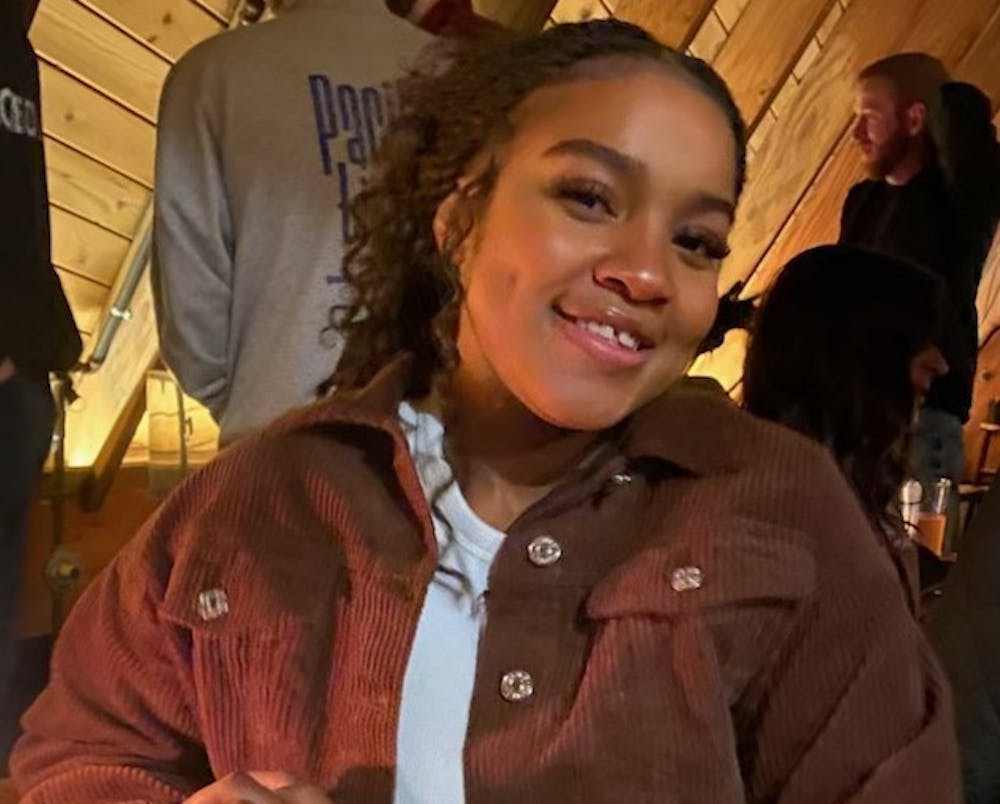In United States culture, sexual assault is a persistent problem on college campuses. Federal Title IX regulations require colleges/universities to implement policies to create a safer environment for college students — by providing resources and support services for survivors and offering sexual relationship violence (SRV) prevention training on their campuses.
But is everyone benefiting from these policies? Are there preventative measures that apply to all students? On a college campus like UP, where the morals and principles of the university are Catholic-based, all students should be supported and welcomed regardless of whether their backgrounds and identities align with Catholicism. Students should feel a sense of belonging and trust attending UP, including feeling safe enough to report to campus officials or authorities.
Klein and Doyle in their article “LGBTQ+-affirming campus sexual and relationship violence prevention: A qualitative study” reported that LGBTQ+ students experience higher rates of sexual assault and are often left out of campus SRV prevention efforts. Research has shown LGBTQ+ student survivors may suffer more negative outcomes due to minority stress, which refers to the unique challenges individuals from underrepresented groups may face. Students who are also BIPOC within the LGBTQ+ community are left extremely vulnerable. This can stem from white/cisgender heterosexual normativity, which is the belief that this is the “normal” or “default” way to be.
SRV prevention efforts need to consider the individuals at risk as well as the systems they are a part of; LGBTQ+ people don’t receive sufficient prevention efforts due to systems created by college institutions that reinforce cisgender heteronormativity. SRV prevention educators will primarily focus on SRV by cisgender heterosexual men against cisgender heterosexual women. There is a lack of representation of gender-diverse, LGBTQ+ and LGBTQIA+-BIPOC students, erasing their experiences and making them feel invalidated. Changing the narrative to include the LGBTQ+ community should be a priority for college SRV preventative measures.
The consequences of not thinking through the needs of LGBTQ+ survivors in the context of heteronormative cultural norms can be significant. Rankin and Reason in their article “The role of trust in perceptions of the sexual assault reporting climate for LGBQ college students” reported that sexual minority students experience higher rates of institutional betrayal compared to the sexual majority students. A few researchers have suggested the difference they experience could be related to discrimination. Sexual minority students are more likely to experience harassment and discrimination on college campuses despite the strides that have been made for inclusivity, so they may expect institutional betrayal from authorities. Trust in campus support is a significant factor; if there is a keen sense of trust between the student and the institution, a safe academic environment can be established, and the students are more likely to report.
As it relates to a sense of trust on campus, 84.7% of UP LGBTQ+ students who responded to a campus survey conducted by Student Activities and Student Development said that they had positive connections with at least a few peers on campus, and 65% reported having good connections to faculty or other people working for the university. These connections correlate with a sense of belonging, which researchers have found to be a predictor of whether someone seeks help in the context of intimate partner violence.
However, if UP is going to effectively support our LGTBQ+ students who experience SRV, we can’t rely on peer support. We need to be able to provide effective campus services and resources. To do that, we need information to appropriately assess what can apply to people in this population who are attending religiously affiliated universities. Creating or using models, such as those used by researchers like Rankin and Reason, can be used as a guide that will work for LGBTQ+ students. UP must be willing to take the initiative to find resources that are available and create resources that are effective and inclusive. UP states they support the LGBTQ+ community, so let’s put action behind it.
Kassidy Hampton is a senior at the University of Portland. She can be reached at hamptonk24@up.edu.
Have something to say about this? We’re dedicated to publishing a wide variety of viewpoints, and we’d like to hear from you. Voice your opinion in The Beacon.









